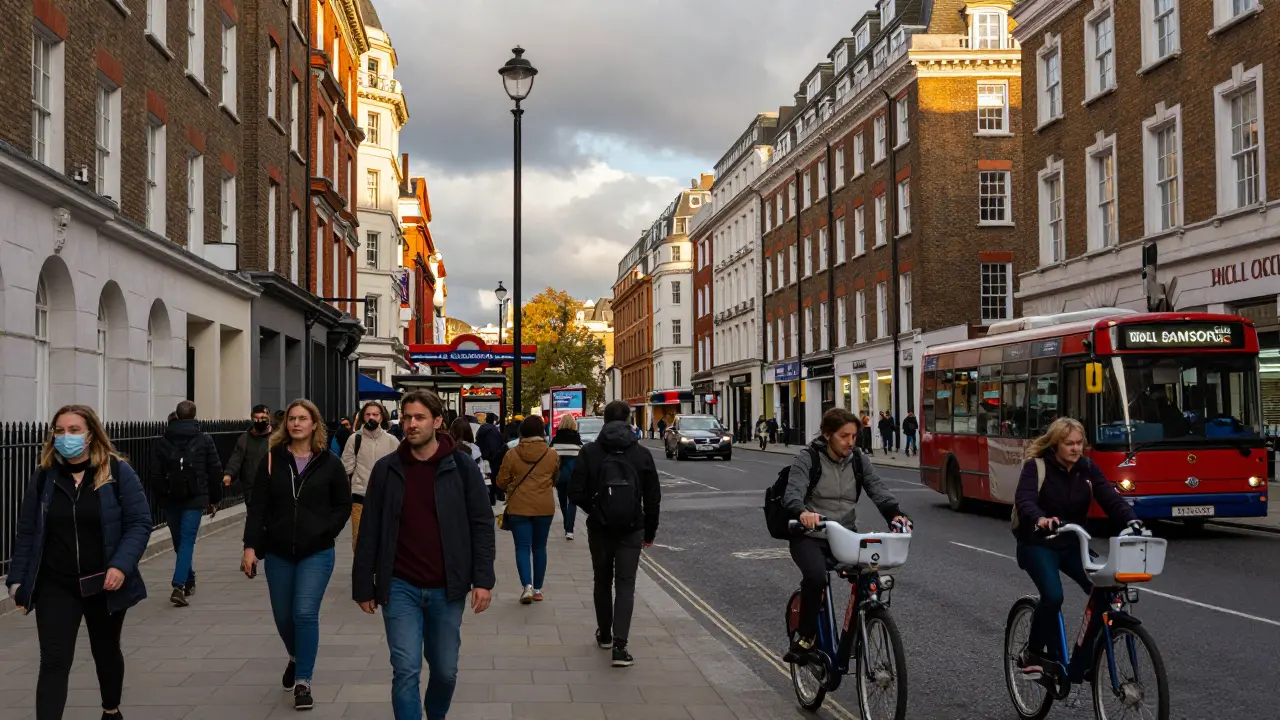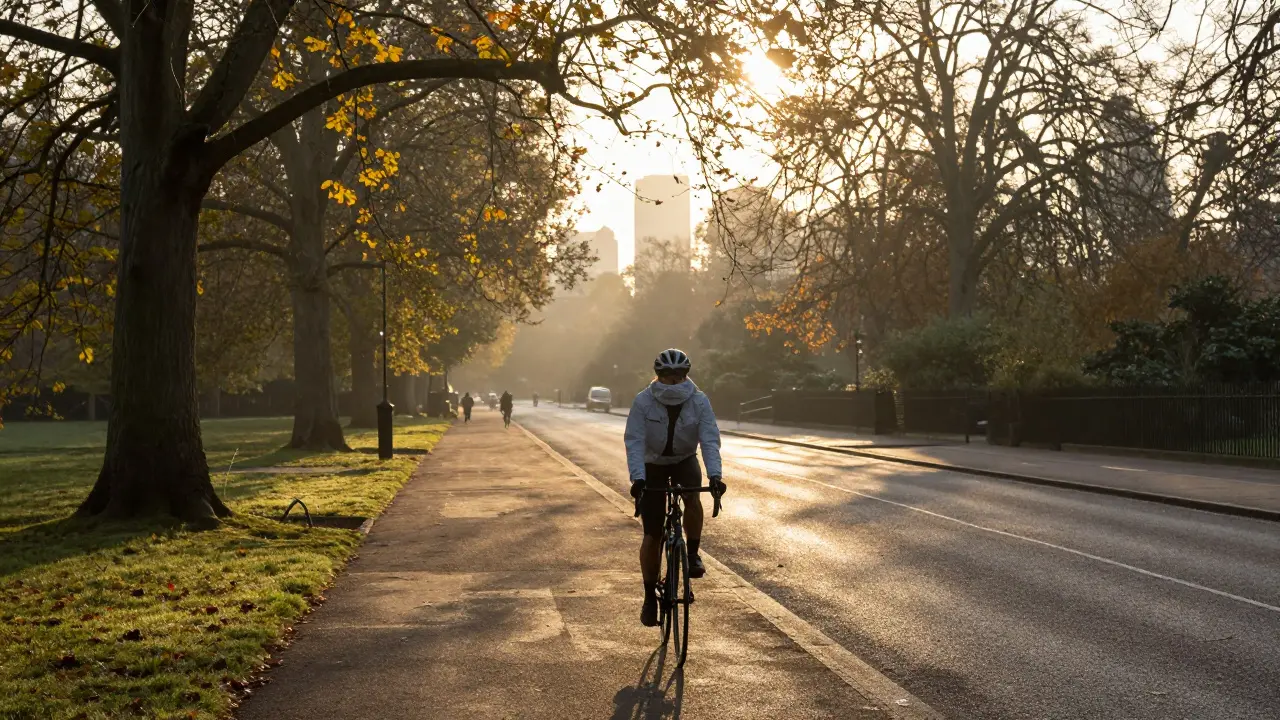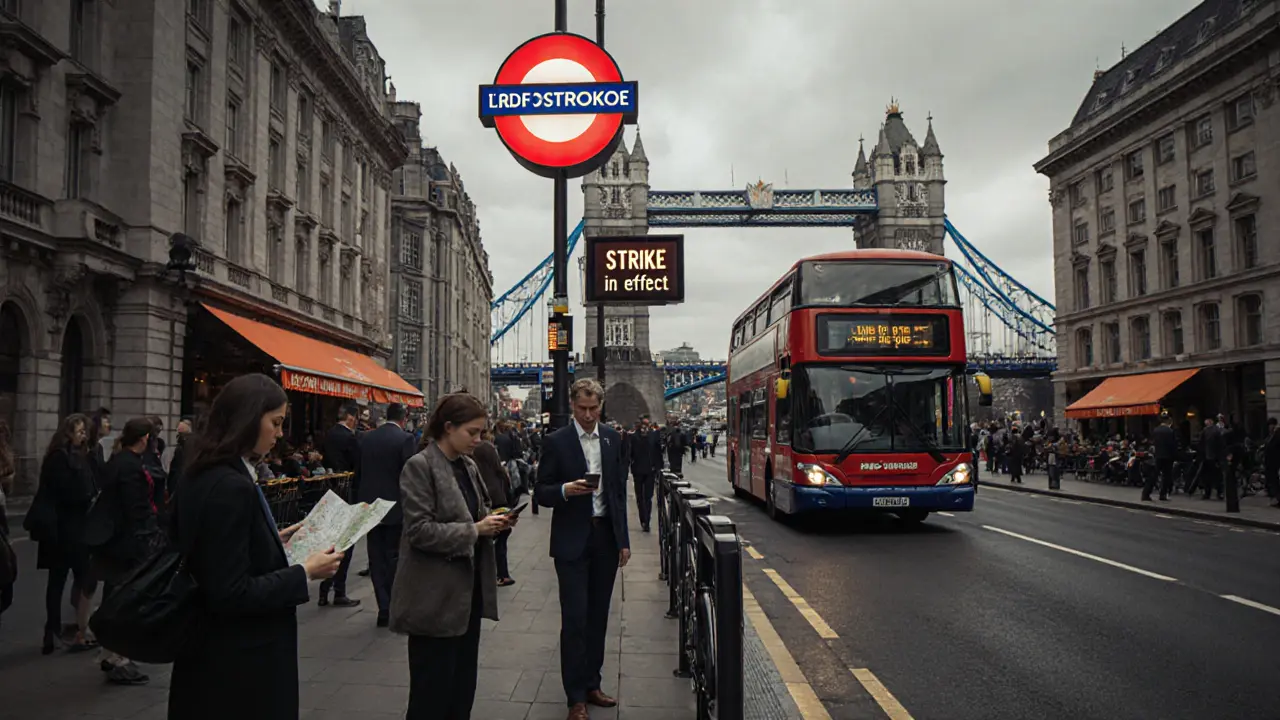London Tube Strikes: How to Stay Moving When the Underground Stops
Tube strikes can throw a wrench into your daily plans, but they don’t have to ruin your whole day. Most of us rely on the Underground to get to work, meet friends, or run errands, so when a strike hits it feels like the city shuts down. The good news? There are plenty of ways to keep moving without panicking.
Know When the Strike Hits
The first thing you can do is stay ahead of the schedule. Transport for London (TfL) posts planned strikes on its website and social media a few weeks in advance. Sign up for free alerts on the TfL app or follow the @TfLOfficial Twitter account. Mobile apps like Citymapper and Google Maps also flag disruptions in real time. Checking these sources before you leave the house can save you a lot of wasted time.
Smart Alternatives to Keep You Going
If the Tube is down, consider the bus network. London’s buses run 24/7 on many main routes, and they often use lanes that let them zip past traffic. The Overground and the Docklands Light Railway (DLR) are also solid backup options; they skirt around the central zones where strikes hit hardest. For short trips, cycling can be a fast, cheap, and healthy choice—look for Santander Cycle stations nearby and you’ll be rolling in minutes.
When you’re farther out, think about park‑and‑ride spots on the outskirts of the city. Driving to a rail station outside the strike zone and catching a train can cut your commute dramatically. Ride‑share services like Uber or bolt can fill gaps for a few passengers, and they’re especially handy late at night when buses are less frequent.
Walking isn’t just a last‑ditch effort; it’s a great way to clear your head and avoid the stress of crowded alternatives. London’s streets are full of hidden shortcuts, and a brisk walk can sometimes beat a delayed bus.
One practical tip: pack a small “strike kit” in your bag. Include a reusable water bottle, a snack bar, a portable charger, and a printed map of your favorite bus routes. Having these items on hand means you won’t be stuck looking for a shop if a strike lasts longer than expected.
Don’t forget to adjust your timing. Even if you’ve found a good alternative, travel time can be longer than usual. Leaving 10–15 minutes earlier than normal gives you a buffer and reduces the chance of being late.
If you work from home, a strike is a perfect excuse to ask for a remote day. Many employers are flexible during major disruptions, so check your company’s policy and let your manager know early.
Finally, stay calm and stay flexible. Strikes happen, but the city has plenty of ways to keep moving. By checking updates, using buses or Overground, cycling, or even walking, you can still get where you need to go without losing your cool.
Got a favorite strike‑proof route? Share it with friends—helping each other out makes the whole experience less stressful.
- Corbin Halesworth
- January 23, 2026
- Comments 0
Lifestyle Resilience: How Londoners Adapt to Tube Strikes
- Lorcan Whitmore
- December 21, 2025
- Comments 0
Tube Strikes in London: Out-of-the-Box Lifestyle Solutions
- Corbin Halesworth
- December 20, 2025
- Comments 0
Alternative Lifestyles: How London Tube Strikes Inspire Change
- Colton Whitlock
- October 24, 2025
- Comments 0




